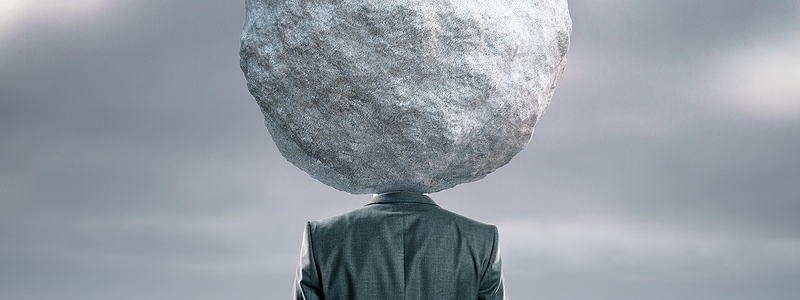
NHS - We need to talk about trauma
From an article by A Better NHS
Jonathon Tomlinson is a NHS GP working in Hackney, London. He is also a NIHR (National Institute for Health Research) In Practice Research Fellow studying moral development in medical education and clinical practice. He mostly blogs about the relationships between GPs and patients and how health policy impacts on that.
One of his articles dives into his experiences on the frontline in A&E, as a junior doctor and as a GP, seeing the same people again and again, trying to medicate for conditions whose underlying cause was trauma. Here's an extract:
Some examples. Trying to resuscitate a man in his 40s whilst in the corner of the room stood two young children in silence, watching us trying to save their dad from advanced, alcoholic liver disease. His wife was in another part of the department, so intoxicated she couldn’t stand, barely conscious and unaware of what was happening to her husband and children. The ambulance crew told us that when they arrived at their flat, it was squalid and the children were obviously severely neglected.
Spending a lot of time with young people, mostly women and girls who cut themselves or took overdoses. They were usually treated as ‘timewasters’. I quickly became aware that all of them had been abused (usually sexually) or neglected severely, but I struggled to find anyone who knew what we could do to help, and faced with our own helplessness, we continued to patch them up, push them away, and complain about them wasting our time.
Meeting dozens of patients (also mostly young women) whose enormous hospital records documented their repeated admissions, investigations and surgical procedures. We couldn’t explain their abdominal pain and bloating, pelvic pain and unexplained severe constipation or incontinence. Some of them also cut themselves, but mostly we examined the scars that criss-crossed their abdomens made by surgeons, looking for the source of their symptoms in the organs underneath.
Meeting countless parents who were overwhelmingly anxious, who bought their children to hospital week in, week out. Some seemed to spend every Friday night in A&E. I focussed on the children and it hardly ever crossed my mind to think about what had happened in their own lives, or might still be happening, that rendered them so fearful.
As time went on I realised that if I wanted to understand why people suffered from unexplained symptoms, chronic pain, anxiety, depression and psychosis, I would need work somewhere where continuity of care was valued and protected. I became a GP. I've have now been around for long enough to develop therapeutic relationships mostly with patients who suffer from chronic pain, medically unexplained symptoms, addiction, eating disorders, severe obesity, self-harm, suicidal thoughts and mental health disorders; especially chronic anxiety, chronic depression, OCD, bipolar and personality disorders.
They are the same patients who I met again and again as a junior doctor, who bewildered and frustrated me and my colleagues. They are still the patients who attend A&E most frequently and are most likely to fail to attend routine reviews. If they are not asking me to give them something for their chronic pain, debilitating anxiety and insomnia, for weight loss or breathlessness, they need me to write reports for housing or benefits assessments. I, and thousands of doctors like me, spend every day caring for patients like this. One thing I have learned, is that 'Trauma is embodied'.
What is extraordinary, and to be frank, a betrayal of patients and clinicians on the part of those responsible for medical education is that we never talked about, much less seriously taught about the lasting effects of trauma. We were taught that diseases were due to the interaction of human biology and the environment, but human experiences were barely part of the picture.
Most GPs, especially those who work in deprived areas, bare witness every day to their patients’ accounts of trauma; including physical abuse and neglect; parents who, because of alcoholism, drug abuse or mental illness, were unable to care for their own children in their earliest years; stories of material and emotional deprivation, abandonment and loss, domestic violence, crime and imprisonment and with shocking frequency, child abuse. Trauma begets trauma so that people rendered vulnerable by trauma in childhood are very frequently victims of violence and abuse in later life. Survivors of trauma use drugs and alcohol to cope with the aftermath, then find themselves involved with crime which leads to imprisonment and homelessness and further cycles of alienation and despair.
Learning about trauma has completely transformed my practice, helping me to make sense of so much that has frustrated, worried and exhausted me for years. I am now committed to sharing the lessons with other healthcare professionals, beginning with my practice team. Struggling with patients who have suffered trauma can inflict trauma on those whose job it is to care – both because of the intensity of experiences and because their own trauma may be triggered.
A GP's experience of helping those affected by the trauma resulting from Adverse Childhood Experiences (ACEs). Read Jonathon's full article here.
From an article by A Better NHS, 02/04/2025